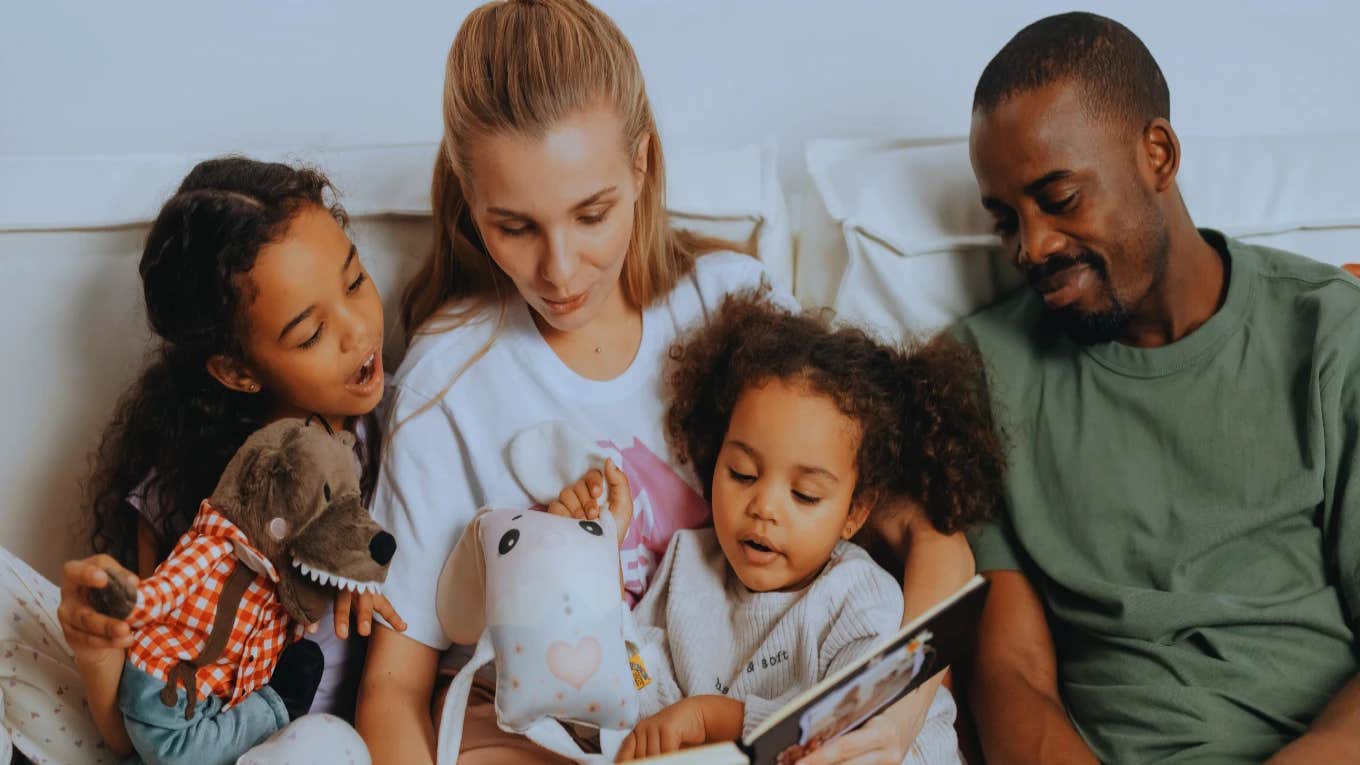Mom Of A Biracial Baby Responds To Comments That She Should Have Genetic Testing Done Because 'The Math Isn't Mathing'
She explained that it's "disgusting" when people have one view of how mixed children should look.
 cottonbro studio / Pexels
cottonbro studio / Pexels A young mom has responded to disparaging comments regarding the skin tone of her biracial baby girl and whether or not her daughter is biologically related to her husband.
In a TikTok video, Chloe Benton, a 24-year-old mom and content creator, claimed that she is disgusted by the number of people who have left rude and invasive comments demanding to know the ins and outs of her daughter's ethnicity.
She responded to comments that she should get genetic testing done for her baby.
In Benton's video, the soon-to-be mom of two explained that after having her first baby with her husband, Joel Benton, last year, the number of comments that she gets on her videos questioning her daughter's light skin tone is absurd.
"I became a mom to a biracial child last year, my first baby. I'm currently pregnant with baby number 2, also biracial, by my Black husband. And when I tell you, the one thing that does not cease to amaze me is people's ignorance when it comes to genetics and biracial children in particular," Benton explained.
She continued, saying that it's odd that many people feel the need to leave comments and opinions, prefacing it by claiming they don't mean to be "rude" or say "anything bad," that her baby doesn't look biracial in the slightest. Not only that, but Benton pointed out that she gets endless comments telling her that she needs to have her baby's DNA tested because if she were biracial, she would have darker skin.
"You would think in the year 2023 we know that genetics mean that not everybody looks the same," she insisted. "And the other thing that blows my mind is my daughter looks just like her dad outside of her skin color, yet people only look at the color of her skin and not her facial features."
Benton admitted that she even has these conversations with people in her daily life.
Outside of receiving internet comments, Benton is also forced to have these conversations with people in real life. Somehow, they cannot understand that her daughter is biracial because of the texture of her hair or her lighter skin tone.
"They just don't think she looks like what they think mixed children should look. So this is your reminder, let's stop thinking that all biracial children have to be a certain color [or] have a certain hair texture," Benton informed her followers.
She explained that it's ridiculous to have a certain expectation for how biracial children should look, especially since they are receiving 50/50 genetics from both parents, and it's impossible to predict what they are going to look like before they even arrive. It's also both "disgusting and inappropriate" to imply that Benton's daughter is not biologically related to her father just because his skin tone is darker than hers.
According to data acquired by the Pew Research Center, not all adults (61%) with a mixed racial background consider themselves “multiracial." The reasons vary, from many people experiencing racial discrimination because of their background, to others being told they don't look like the one or all of the races they are mixed with.
In Benton's case, she does not owe internet followers or even people in her daily life an explanation and breakdown of their daughter's genetic code and ethnicity.
In countless other videos, Benton shared clips of her husband and daughter playing together, and it's clear that they are a loving and compassionate family, which is all that should matter at the end of the day.
In an evolving society where there continues to be a rise in multiracial Americans, it's time to put aside the preconceived notions of what mixed children should and shouldn't look like. It's no one's business, and physical features or skin tones shouldn't be used to define someone's personal identity or the love that exists within a family.
Nia Tipton is a Chicago-based entertainment, news, and lifestyle writer whose work delves into modern-day issues and experiences.

